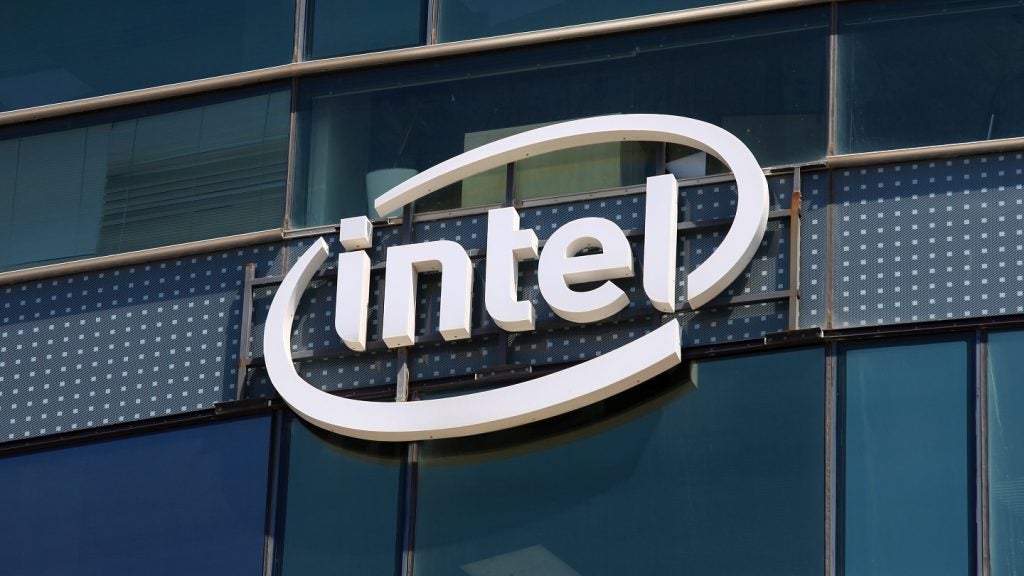Intel CEO Pat Gelsinger, along with senior executives, is set to propose a strategy to the board of directors aimed at divesting non-essential business units and reshaping capital expenditure, reports Reuters.
This move is part of an effort to rejuvenate the chipmaker’s financial performance.
The plan, which is expected to be presented in mid-September 2024, includes selling businesses such as the programmable chip unit Altera to reduce overall costs.
Intel has faced challenges as it seeks to regain its footing in the artificial intelligence (AI) chip market, currently dominated by NVIDIA.
Its market capitalisation has fallen below $100bn following its second-quarter earnings report.
The forthcoming proposal may suggest a reduction in capital spending on factory expansion, potentially pausing or halting the $32bn (€28.8bn) factory project in Germany, which has experienced delays.
Intel has already separated its foundry business from its design division, maintaining confidentiality between the two to protect technology secrets.
Despite the restructuring, there are no current plans to sell the foundry operations, which could have interested buyers such as Taiwan Semiconductor Manufacturing Company, the report said.
To assist with the strategic review, Intel has hired financial advisors from Morgan Stanley and Goldman Sachs.
These advisors will help determine which assets are viable for sale and which are essential to retain.
While no formal bids have been requested for the product units, this is expected to occur following board approval of the proposed strategy, Reuter’s report noted.
Altera, acquired by Intel for $16.7bn in 2015, is one such asset under consideration for sale.
Intel has already taken steps to spin off Altera as a separate entity and has discussed a future IPO, though no date has been set.
Alternatively, the entire business could be sold, with companies like Marvell potentially interested in such a transaction, the sources said.
In August 2024, the technology major announced plans to layoff 15% of its workforce as part of its $10bn cost cutting plan.









